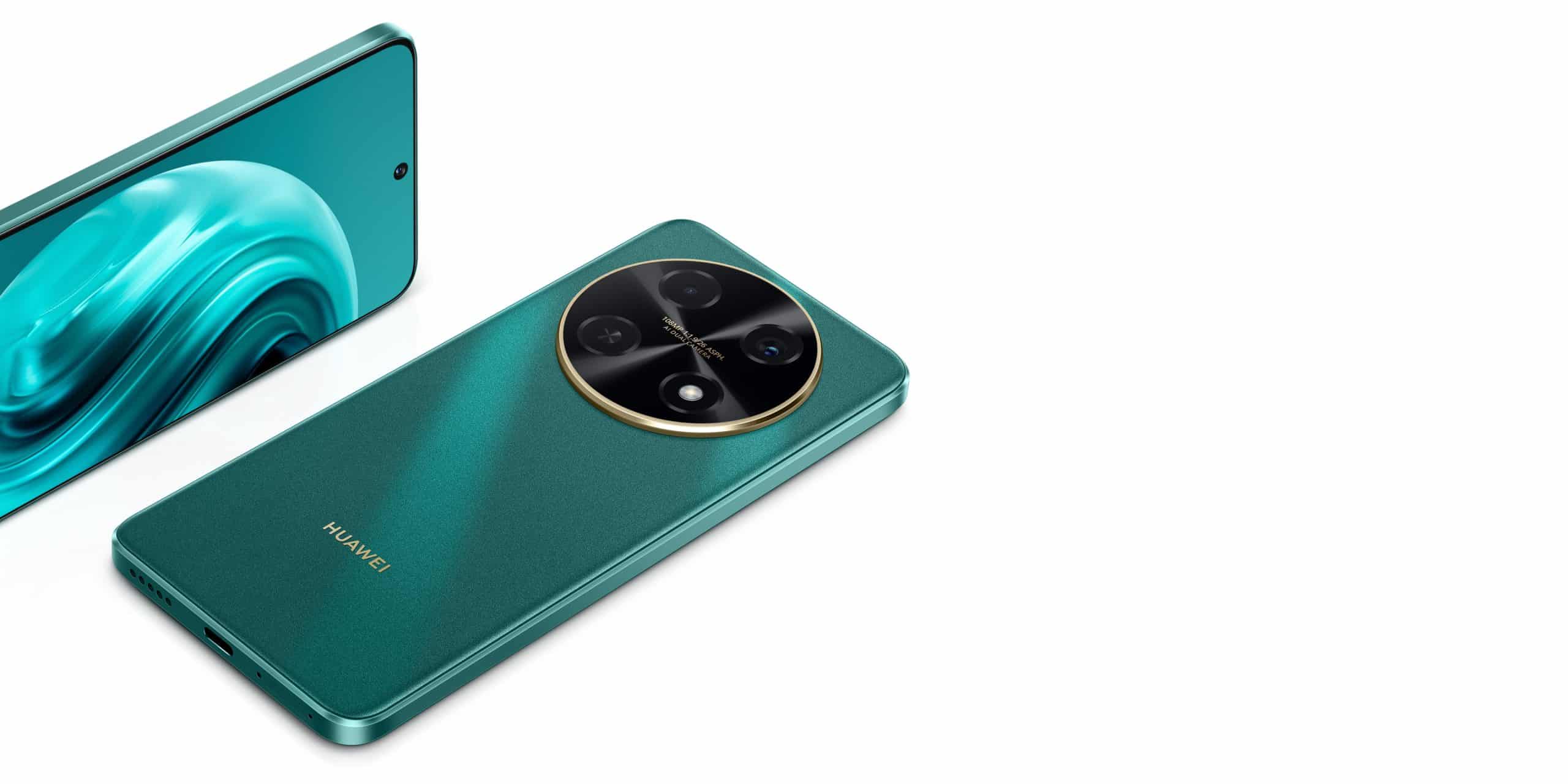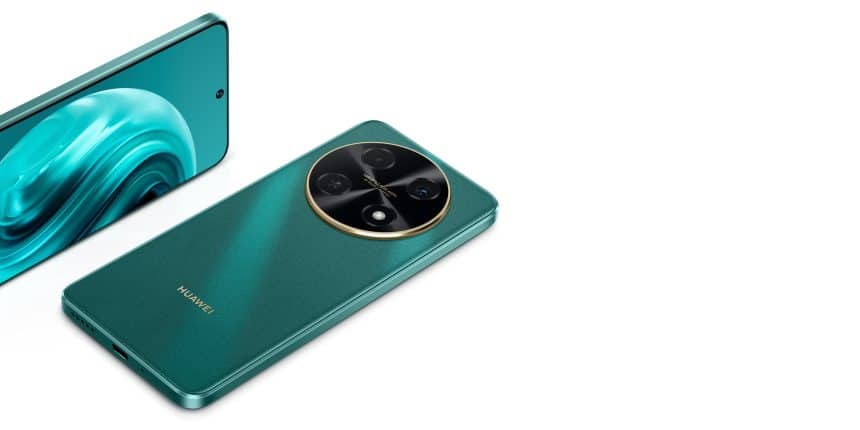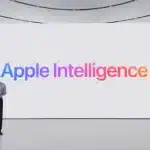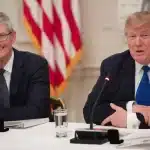Indonesia is raising its demands on Apple, seeking over $1 billion in investments to lift the iPhone 16 sales ban. Meanwhile, Huawei is making significant strides in entering the Indonesian market, taking advantage of this ongoing negotiation.
Apple’s Ongoing Struggle
The Indonesian government originally banned iPhone 16 sales in October 2024, citing Apple’s failure to meet its local content mandate. This policy requires either sourcing 40% of components from within Indonesia or significant regional investment. Apple initially proposed $10 million to address the shortfall but was rejected. Subsequent offers of $100 million and a potential $1 billion investment also failed to satisfy Indonesia’s expectations.

Tim Cook had earlier promised to consider manufacturing in Indonesia, but the lack of concrete actions has created friction. As of January 2025, Apple representatives have resumed talks with Indonesia’s officials, though Industry Minister Agus Gumiwang Kartasasmita hinted that $1 billion might still be insufficient.
Huawei’s Strategic Entry
In contrast, Huawei is forging ahead in Indonesia with fewer hurdles. The Chinese tech giant plans to launch its Honor smartphones in March 2025, including folding models. By the end of the year, Huawei aims to introduce 30 devices, including phones and tablets, while establishing local partnerships, opening 10 retail stores, and setting up an office in the region.
Notably, Huawei has managed to meet Indonesia’s requirements without offering substantial investment figures. The company is capitalizing on the market gap left by Apple, targeting Indonesia’s 278-million-strong population, of which Android users dominate.
A High-Stakes Market
Indonesia represents an emerging market with significant potential for smartphone makers. Apple sold only 2.1 million iPhones in 2023, representing a mere 2% of the market share. While Apple’s sales were expected to rise in 2024, the ban disrupted this trajectory.
For Huawei, this situation presents an opportunity to capture a larger share of the market with mid-to-high-end devices. Meanwhile, Apple faces mounting pressure to deliver more than promises to regain access to Indonesia’s lucrative market.












